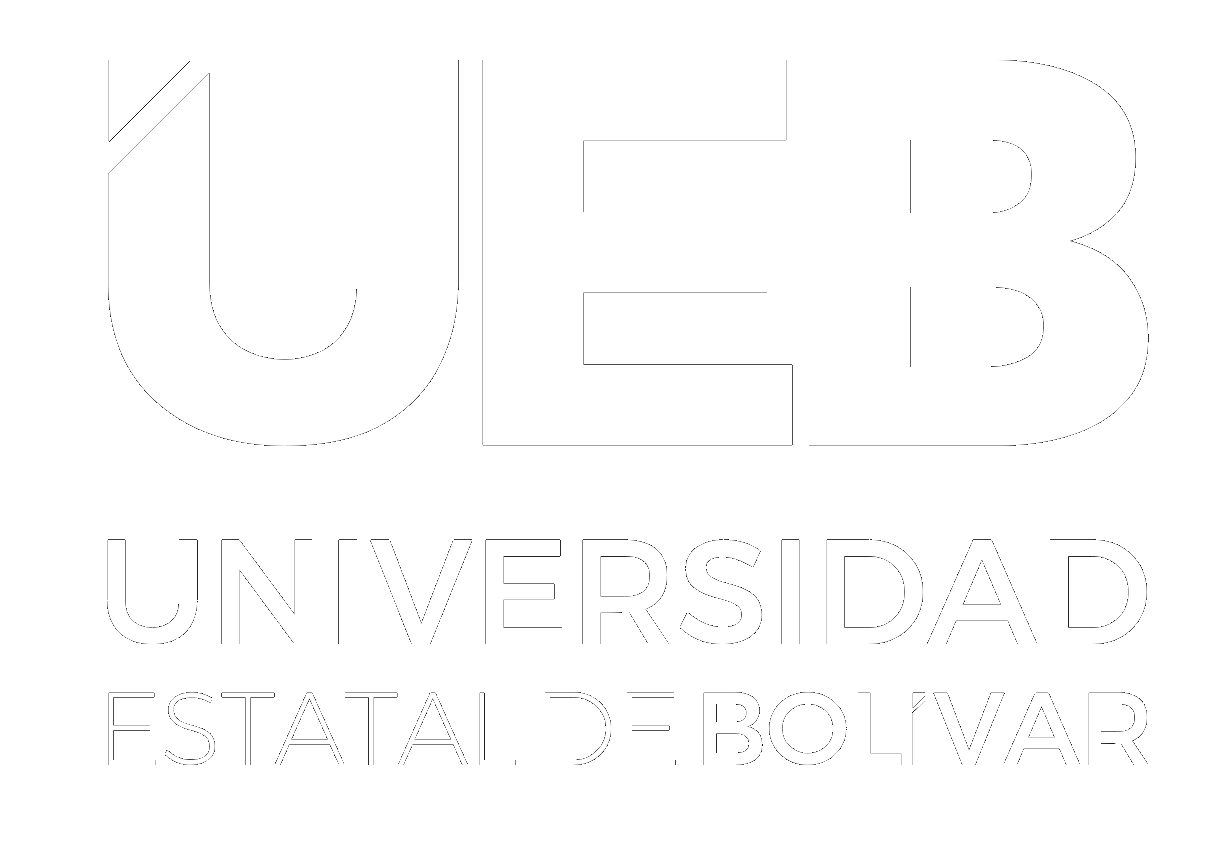Por favor, use este identificador para citar o enlazar este ítem:
https://dspace.ueb.edu.ec/handle/123456789/5994Registro completo de metadatos
| Campo DC | Valor | Lengua/Idioma |
|---|---|---|
| dc.contributor.author | Marofi, Faroogh | - |
| dc.contributor.author | Sulaiman Rahman, Heshu | - |
| dc.contributor.author | Thangavelu, Lakshmi | - |
| dc.contributor.author | Dorofeev, Aleksey | - |
| dc.contributor.author | Bayas Morejón, Favian | - |
| dc.contributor.author | Shirafkan, Naghmeh | - |
| dc.contributor.author | Shomali, Navid | - |
| dc.contributor.author | Stanley Chartrand, Max | - |
| dc.contributor.author | Jarahian, Mostafa | - |
| dc.contributor.author | Vahedi, Ghasem | - |
| dc.contributor.author | Mohammed, Rebar | - |
| dc.contributor.author | Shahrokh, Somayeh | - |
| dc.contributor.author | Akbari, Morteza | - |
| dc.contributor.author | Motavalli Khiavi, Farhad | - |
| dc.date.accessioned | 2023-10-27T14:56:06Z | - |
| dc.date.available | 2023-10-27T14:56:06Z | - |
| dc.date.issued | 2021-03-22 | - |
| dc.identifier.citation | Marofi, F., Rahman, H. S., Thangavelu, L., Dorofeev, A., Bayas-Morejón, F., Shirafkan, N., Shomali, N., Chartrand, M. S., Jarahian, M., Vahedi, G., Mohammed, R. N., Shahrokh, S., Akbari, M., & Khiavi, F. M. (2021). Renaissance of armored immune effector cells, CAR-NK cells, brings the higher hope for successful cancer therapy. Stem Cell Research & Therapy 2021 12:1, 12(1), 1–21. https://doi.org/10.1186/S13287-021-02251-7 | es_MX |
| dc.identifier.issn | 1757-6512 | - |
| dc.identifier.uri | https://dspace.ueb.edu.ec/handle/123456789/5994 | - |
| dc.description | https://stemcellres.biomedcentral.com/articles/10.1186/s13287-021-02251-7 | es_MX |
| dc.description.abstract | In recent decades, a new method of cellular immunotherapy was introduced based on engineering and empowering the immune effector cells. In this type of immunotherapy, the immune effector cells are equipped with chimeric antigen receptor (CAR) to specifically target cancer cells. In much of the trials and experiments, CAR-modified T cell immunotherapy has achieved very promising therapeutic results in the treatment of some types of cancers and infectious diseases. However, there are also some considerable drawbacks in the clinical application of CAR-T cells although much effort is in progress to rectify the issues. In some conditions, CAR-T cells initiate over-activated and strong immune responses, therefore, causing unexpected side-effects such as systemic cytokine toxicity (i.e., cytokine release syndrome), neurotoxicity, on-target, off-tumor toxicity, and graft-versus-host disease (GvHD). To overcome these limitations in CAR-T cell immunotherapy, NK cells as an alternative source of immune effector cells have been utilized for CAR-engineering. Natural killer cells are key players of the innate immune system that can destroy virus-infected cells, tumor cells, or other aberrant cells with their efficient recognizing capability. Compared to T cells, CAR-transduced NK cells (CAR-NK) have several advantages, such as safety in clinical use, non-MHC-restricted recognition of tumor cells, and renewable and easy cell sources for their preparation. In this review, we will discuss the recent preclinical and clinical studies, different sources of NK cells, transduction methods, possible limitations and challenges, and clinical considerations. | es_MX |
| dc.language.iso | eng | es_MX |
| dc.publisher | Universidad Estatal de Bolívar | es_MX |
| dc.relation.ispartofseries | PCM-UEB;21-003 | - |
| dc.rights | info:eu-repo/semantics/openAccess | es_MX |
| dc.subject | CAR | es_MX |
| dc.subject | NK CELLS | es_MX |
| dc.subject | T CELLS | es_MX |
| dc.subject | IMMUNOTHERAPY | es_MX |
| dc.title | Renaissance of armored immune effector cells, CAR-NK cells, brings the higher hope for successful cancer therapy | es_MX |
| dc.type | article | es_MX |
| Aparece en las colecciones: | Producción Científica | |
Ficheros en este ítem:
| Fichero | Descripción | Tamaño | Formato | |
|---|---|---|---|---|
| PCM-21-003- MAROFI FAROOGH, Renaissance of armored.pdf | ISSN: 1757-6512 | 1,41 MB | Adobe PDF | Visualizar/Abrir |
Los ítems de DSpace están protegidos por copyright, con todos los derechos reservados, a menos que se indique lo contrario.

